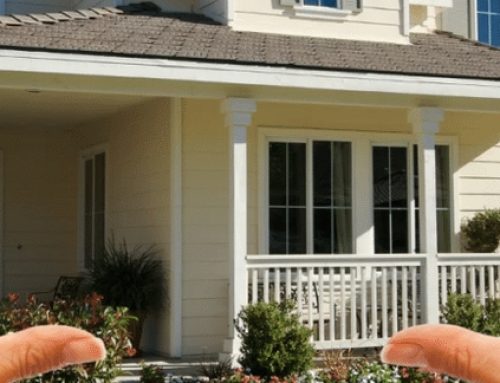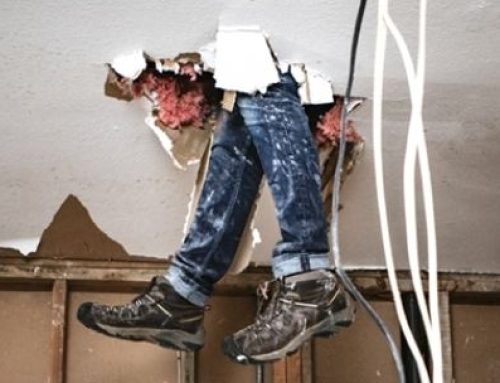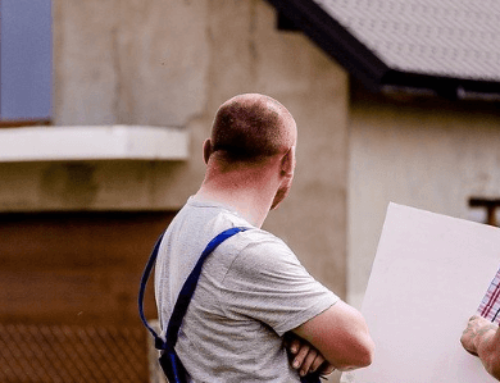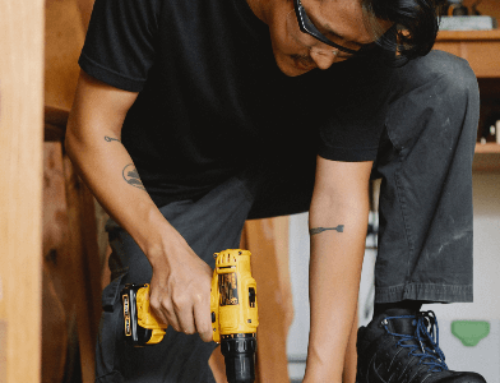Having your property valued is the perfect way to get an idea about what your home is worth within the current climate of the housing market, if you should sell now or hold off, or whether you should make any improvements before going to sale.
If you want to have the best chance of ensuring an agreeable outcome then it won’t be as simple as just calling someone up, showing them inside and hoping for the best. If it’s a favourable figure that your after then just follow these tips for the most successful valuation possible.
Honesty is the best policy
Never underestimate a valuer’s ability to seek out suspicious defects. Even the smallest instances of cosmetic damage may lead them to suspect greater structural damage. And whatever they suspect, goes into their final report.
This is why it’s never a good idea to gloss over any known issues or even worse, outright lie about them. If you’ve got a sneaking suspicion that there might be something amiss with the structural integrity of your home, have a professional building inspector look things over before even thinking about getting a valuation. This way, you can ensure your financier that there are no hidden problems that are going to come back and bite them in the bum.
Also, this isn’t simply a matter of highlighting that gigantic hole in your floorboards, this also includes admitting to any less obvious concerns that might be worth acknowledging. For instance, are there any additional buildings on your property or extensions on your home that may not be subject to council approval? Is there any distant evidence of termite damage? Again, if you suspect anything at all, it’s always best to have a building and pest inspection just to be 100% sure.
The moral of the story here is basically, “don’t lie” because when it comes time to get your finances approved and they find a whole lot of red flags popping up on your report, you’re going to find that this entire process is likely more trouble than it’s worth.
Your opinion matters
You might be surprised to learn this, but before a valuer undertakes an official assessment of your property, they will actually depend upon your own estimate of the home’s value.
Obviously this doesn’t mean that you can tell them your home is worth $500,000 more than it really is… that won’t work, unfortunately. However, if you do your market research and have good evidence to support your claim that your property is worth “X amount” then you can significantly increase your chances of solidifying an excellent price from the get-go.
Wrap up that reno!
Since a valuer has no choice but to assess a home in its current state, you won’t be able to get away with reassuring them that the bathroom will definitely be finished within a month or two. Nor will they care that the gaping hole in the ceiling is only temporary while you’re waiting on that handmade German light fitting you ordered. No matter how quickly your unfinished home projects take to complete, the valuer can’t do anything other than value your home as it is when they’re there.
If you happen to have a significant renovation in the works when they arrive, they’re going to note down the impact this will have on your home’s marketability. This means that your final valuation could end up being far less favourable than you might’ve hoped. It could potentially lead to a much lower figure than you expected, making your home way less valuable than it could be.
The proof is in the pudding
Following on from my previous point, if a valuer is skeptical about your claims regarding the dollar value of your home’s worth, show them the proof. If you honestly believe that your home is worth what you say it is, compile the evidence and state your case.
This isn’t just for peace of mind either. Banks will generally have standardised guidelines that can be used when assessing evidence put forth for property values, so it pays to do your research, quite literally.
No idea where to begin? Start by putting together a collection of comparable properties within a 500 meter radius of your home that have sold within the last six months. Make sure you’ve selected sales prices that lay within 10% of the figure you’ve given your property. The easiest way to do this is by refining a property listing on a real estate website by “sold” within your suburb and take it from there.
Cleanliness is next to Godliness… and a successful valuation
Valuers aren’t stupid, they know that a bit of dust on the floor isn’t going to impact the final price of a property, but there’s a fine line between untidy and downright disheveled.
By doing your best to spruce up your home before an assessment, it gives the impression that your home is well-maintained by conscientious owners who take pride in their abode. This will always be looked upon approvingly and paint your home in a positive light.
This goes both ways, however. So if you think you might have an issue with excessive amounts of clutter then it’s going to be a good idea to forgo the valuation for now, otherwise it could impact your final report. So do what you can to make it look like your home just came out of a magazine, clean your little heart out, and then welcome the valuer in with open arms and a sparkly home.







Leave A Comment